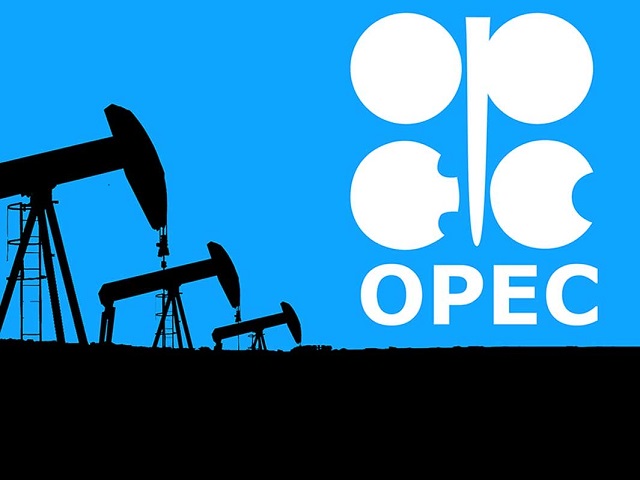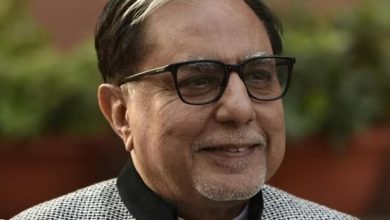OPEC + announces surprise oil output cuts

Surprise output cut by oil cartel OPEC+ has jolted global policymakers and the looming impact reverberated across asset classes, as it fuelled fears of further inflationary pressures at a time of lingering recession worries and threats to the banking sector.
This is increasingly worrying for India, because it buys around 85% of its crude oil needs from overseas markets which stretches its trade deficit. It also causes fluctuations in global assets, including pushing US treasury yields higher, impacting investors in the Asian nation. India’s increased purchases of discounted oil from Russia may not be a strong support against the risks for the macroeconomy variables including growth, balance of payments, rupee and of course the plight of consumers.
Saudi Arabia and other Organization of the Petroleum Exporting Countries oil producers on Sunday announced another production cut of around 1.16 million barrels per day. This raises the total volume of cuts from the oil cartel with Russia and other allies to 3.66 million bpd, according to Reuters calculations, which is equal to 3.7% of global demand. Russia had last month announced an oil output cut of 500,000 bpd.
The surprising move that the United States called ‘inadvisable’ comes at a time when experts already feared a supply shortage in the second half of the year amid further improvement in mobility. The International Energy Agency said last month that demand in the December quarter may rise to 103.5 million bpd, up 2.2 million bpd from current levels and ahead of supply.
“The OPEC+ cut in production along with higher demand in H2 — once China recovery gains momentum — could increase pressure on oil prices in the coming months. The oil market might move into a deficit in Q2 compared to the expectation of a surplus earlier
Retail petrol prices continue to be above Rs 100 per barrel in many parts of the country, including metropolitans like Kolkata, even as New Delhi and opposition-led state governments fight over who should cut taxes.
A raft of taxes and cess further fuel the price of the commodity that affects the prices of what Indians eat, wear or how they commute to earn a livelihood.
While passing on higher fuel prices to consumers adds to the plight of citizens, the government absorbing the high prices will widen the fiscal deficit, a key metric that New Delhi is looking to narrow and pitch for a higher sovereign rating.
The oil price spike is also a risk for India’s macro variables that have shown signs of improvements recently, including a range-bound rupee (which is otherwise one of the worst performers in emerging Asia), tailwinds for current account deficit and balance of payments and the foreign exchange reserves hitting an eight-month high.




